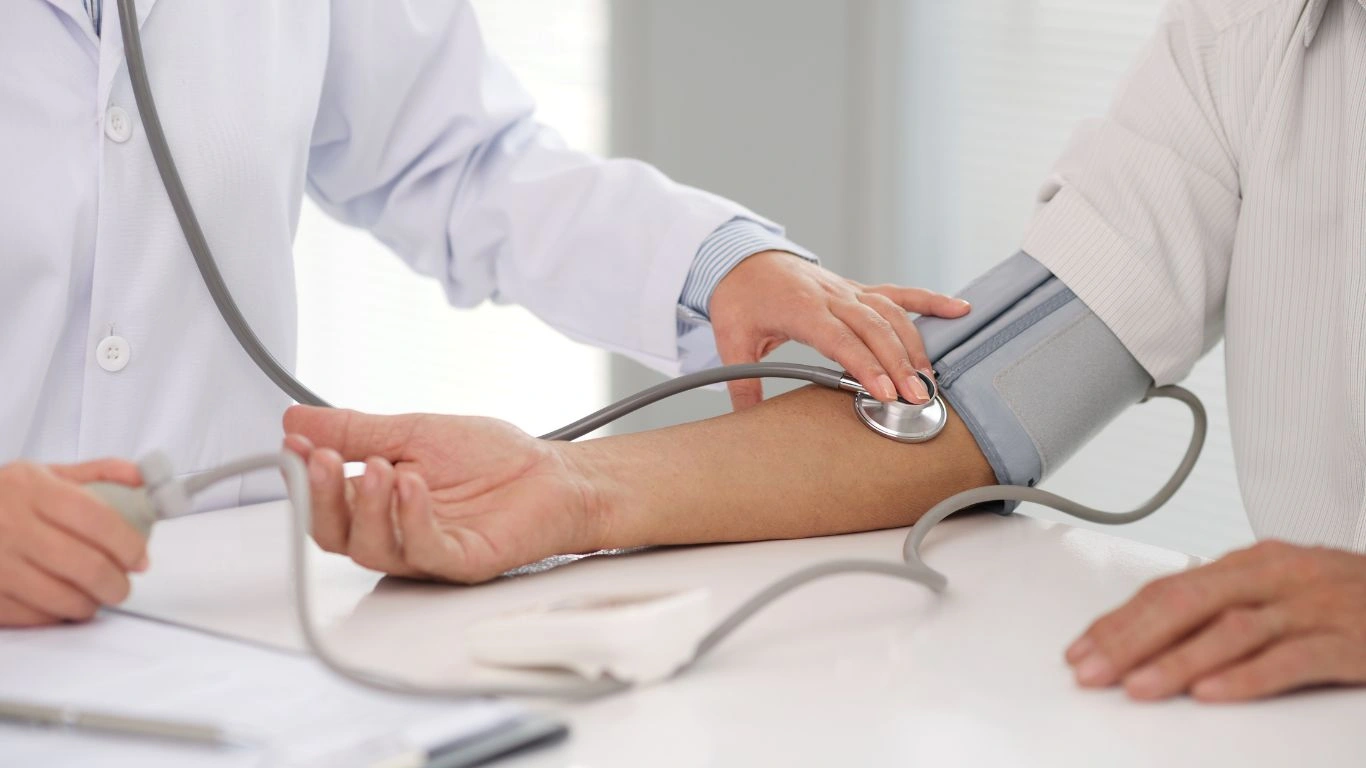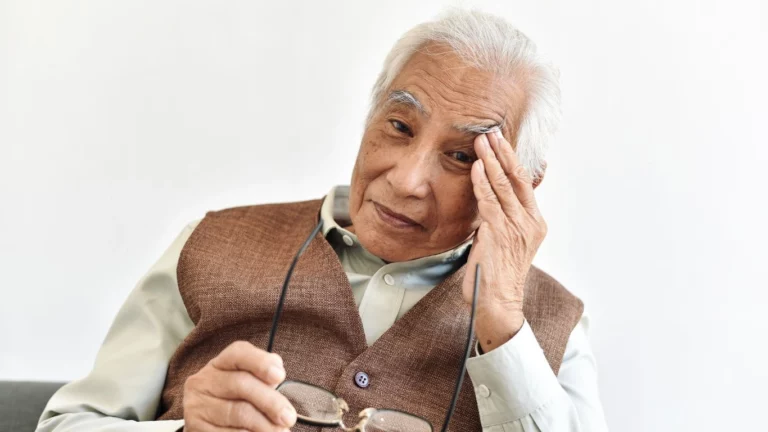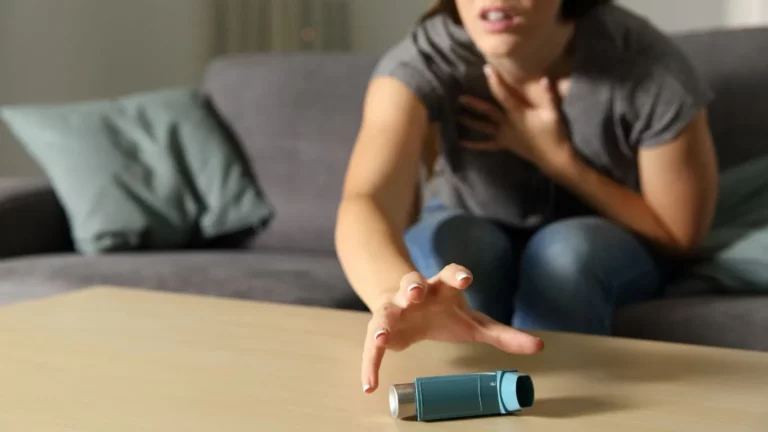Lifestyle Changes to Reduce Hypertension: A Practical Guide
High blood pressure (hypertension) is a common health concern, but making a few simple lifestyle changes can help you manage it effectively. Read on to discover practical ways to lower your blood pressure and boost your heart health!
What is Hypertension and Why is It Dangerous?
Hypertension, or high blood pressure, occurs when the force of your blood against the walls of your arteries is consistently too high. Over time, this can damage your arteries and lead to serious health issues like heart disease, stroke, and kidney damage. The problem is that hypertension often doesn’t cause noticeable symptoms, so many people don’t realize they have it until it’s too late. Managing hypertension is crucial for long-term health, and lifestyle changes can make a huge difference. Let’s look at some of the most impactful changes you can make to lower your blood pressure naturally.
1. Adopt a Heart-Healthy Diet
The food you eat plays a major role in controlling your blood pressure. A heart-healthy diet can not only reduce hypertension but also improve your overall well-being. Here are some dietary changes that can make a big difference:
Focus on the DASH Diet
One of the best-known eating plans for managing hypertension is the DASH (Dietary Approaches to Stop Hypertension) diet. It emphasizes foods that are high in potassium, calcium, and magnesium while being low in sodium. Key elements of the DASH diet include:
- Fruits and vegetables: Aim for a variety of colors and types to ensure you’re getting a broad spectrum of nutrients.
- Whole grains: Swap out refined grains for whole grains like brown rice, quinoa, and whole-wheat bread.
- Lean proteins: Choose lean meats like poultry, fish, and plant-based proteins such as beans and lentils.
- Low-fat dairy: Opt for low-fat or fat-free milk, yogurt, and cheese.
Limit Sodium Intake
Sodium is one of the biggest contributors to high blood pressure. Reducing your salt intake can have a significant impact on lowering your blood pressure. The American Heart Association recommends keeping your sodium intake under 1,500 milligrams per day if you have high blood pressure. This means cutting back on processed foods, canned soups, and fast food, which are often loaded with sodium.
2. Get Moving with Regular Exercise
Exercise is one of the most effective ways to lower high blood pressure. Regular physical activity strengthens your heart and helps it pump blood more efficiently, which can reduce the pressure on your arteries. You don’t have to start training for a marathon—simple, consistent exercise can make a big difference.
Types of Exercise That Help
- Aerobic exercises: Activities like walking, jogging, cycling, and swimming are excellent for improving heart health and lowering blood pressure.
- Strength training: Incorporating weightlifting or resistance exercises can also be beneficial, but make sure to balance this with aerobic activity.
- Yoga and stretching: Relaxing exercises like yoga can help lower stress and improve blood flow, which is another key factor in managing hypertension.
Aim for at least 30 minutes of moderate exercise most days of the week. Even small changes, like taking the stairs instead of the elevator or going for a daily walk, can add up over time.
3. Manage Stress and Prioritize Mental Health
Chronic stress is a significant contributor to high blood pressure. When you’re stressed, your body releases hormones that can cause your heart to beat faster and your blood vessels to narrow, leading to a temporary spike in blood pressure. Over time, this can become a pattern that leads to hypertension.
Stress Reduction Techniques
- Meditation and mindfulness: Taking a few minutes each day to meditate or practice deep breathing exercises can help calm your mind and lower stress.
- Progressive muscle relaxation: This technique involves tensing and then relaxing different muscle groups in your body to help reduce tension and stress.
- Adequate sleep: Poor sleep quality or not getting enough sleep can worsen hypertension. Aim for 7-9 hours of restful sleep each night.
4. Maintain a Healthy Weight
Carrying excess weight can strain your heart and increase your risk of developing hypertension. Losing even a small amount of weight can help reduce your blood pressure, especially if you’re overweight or obese.
Tips for Weight Loss
- Portion control: Watch your portion sizes, especially when eating high-calorie foods.
- Incorporate more fruits and vegetables: These are naturally low in calories and high in nutrients.
- Stay consistent with exercise: Regular physical activity is crucial for weight management and overall heart health.
Even a 5-10% reduction in body weight can lead to significant improvements in blood pressure.
5. Limit Alcohol and Quit Smoking
Both alcohol and smoking can raise blood pressure and increase your risk of heart disease. If you drink, it’s important to do so in moderation. For most people, this means limiting alcohol to one drink per day for women and two drinks per day for men. As for smoking, quitting is one of the best things you can do for your heart.
The Impact of Alcohol and Smoking on Blood Pressure
- Alcohol: Drinking too much alcohol can raise your blood pressure and interfere with your medication if you’re already on treatment for hypertension.
- Smoking: Smoking damages the blood vessels and increases the risk of developing heart disease, stroke, and hypertension. Quitting smoking can have immediate and long-term benefits for your heart health.
Conclusion
Making lifestyle changes to reduce hypertension is not about making drastic changes overnight. It’s about taking small, manageable steps that add up over time. By eating a healthy diet, staying active, managing stress, and prioritizing your overall health, you can significantly reduce your blood pressure and protect your heart.
Appendices
References
For more information on managing hypertension and improving heart health, check out these resources:
- American Heart Association. (2024). High Blood Pressure. Read Article
- National Institutes of Health (NIH). (2024). Hypertension: Causes and Risk Factors. Read Article
- Centers for Disease Control and Prevention (CDC). (2024). Preventing High Blood Pressure. Read Article
FAQs
Here are some frequently asked questions about reducing hypertension:
- Can exercise alone lower blood pressure? Yes, regular physical activity can significantly reduce high blood pressure. Aim for at least 30 minutes of moderate exercise most days of the week.
- Is it possible to lower hypertension without medication? Lifestyle changes such as diet, exercise, and stress management can reduce blood pressure. However, some individuals may still need medication depending on the severity.
- How much salt should I consume to reduce hypertension? Keep your sodium intake below 1,500 milligrams per day if you have high blood pressure.
- Can reducing stress lower my blood pressure? Yes, chronic stress can contribute to hypertension. Using stress-reduction techniques like meditation can help manage your blood pressure.
- What foods should I avoid to lower my blood pressure? Avoid foods high in sodium, added sugars, and unhealthy fats. Focus on a balanced diet rich in fruits, vegetables, and lean proteins.
Disclaimer: The information provided in this article is for educational purposes only and should not replace professional medical advice. Always consult with your healthcare provider for personalized treatment and advice on managing hypertension.

Dr. Gwenna Aazee is a board-certified Internal Medicine Physician with a special focus on hypertension management, chronic disease prevention, and patient education. With years of experience in both clinical practice and medical writing, she’s passionate about turning evidence-based medicine into accessible, actionable advice. Through her work at Healthusias.com, Dr. Aazee empowers readers to take charge of their health with confidence and clarity. Off the clock, she enjoys deep dives into nutrition research, long walks with her rescue pup, and simplifying medical jargon one article at a time.







